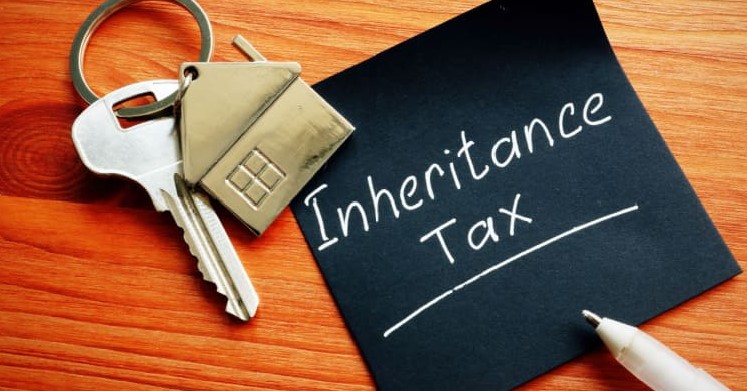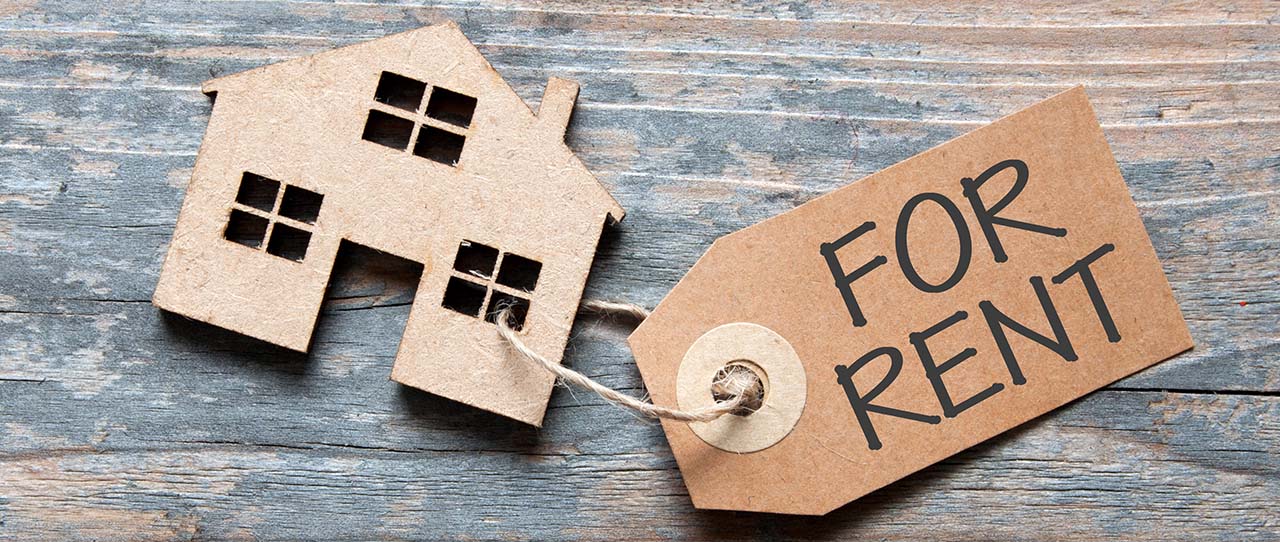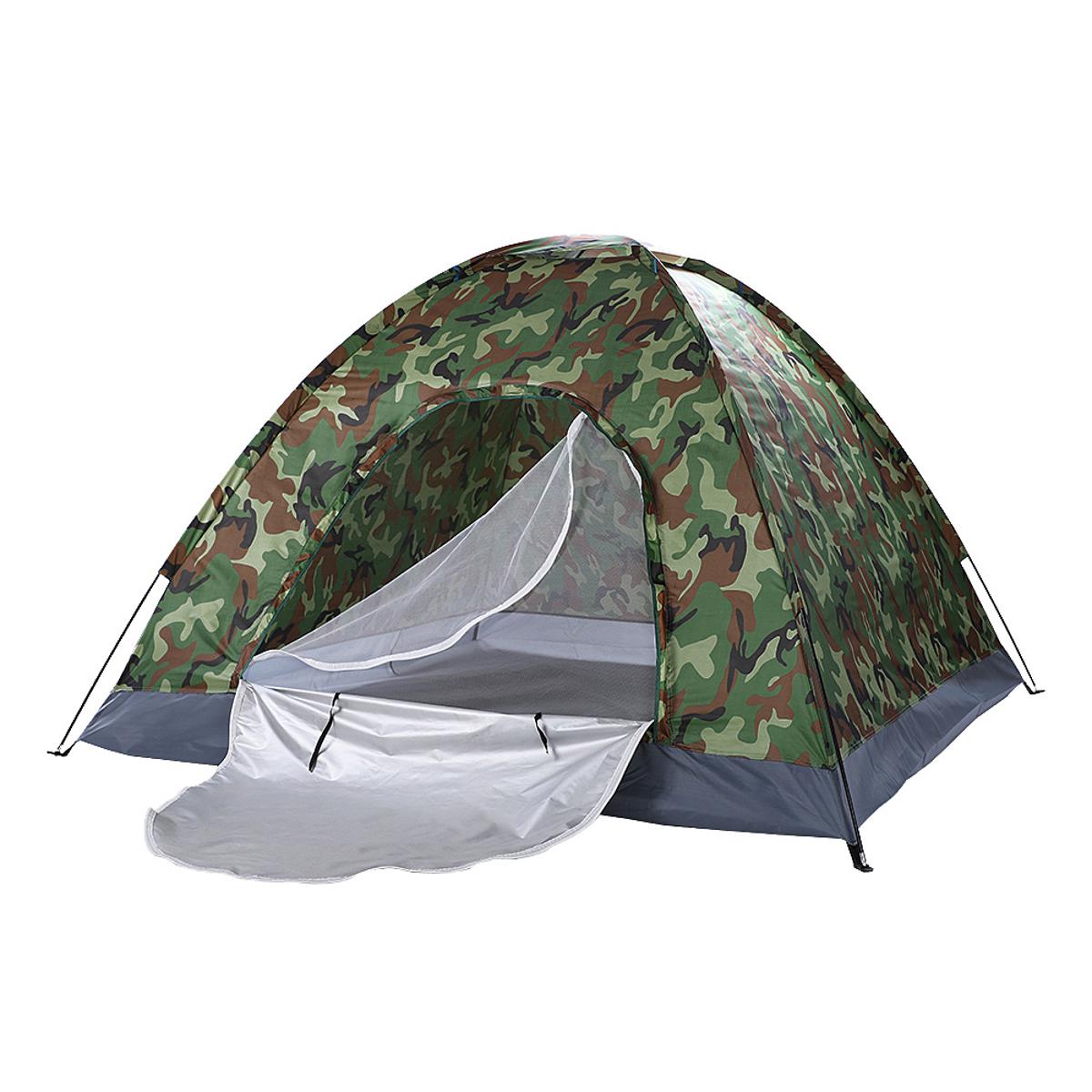Are you tired of the traditional 9-5 grind and looking for a way to generate passive income? Look no further than rental properties. Owning rental properties can provide a steady stream of income, tax benefits, and long-term wealth building potential. In this blog post, we will explore the various benefits of owning rental properties and share tips on how to maximize profits in this lucrative investment opportunity. Whether you’re a seasoned real estate investor or just starting out, read on for valuable insights on how to make your rental property investments work for you.
What are the Benefits of Owning Rental Properties?
There are a number of benefits to owning rental properties. Perhaps the most obvious is the potential for income. If you own a rental property, you can charge rent to tenants and receive regular payments. This can provide a significant source of income, especially if you own multiple rental properties.
Another benefit of owning rental properties is the potential for appreciation. Over time, your property may increase in value, providing you with a nice return on investment. Additionally, as a landlord, you may be able to take advantage of certain tax breaks and deductions.
Of course, there are also some challenges that come along with being a landlord. For example, you will be responsible for maintaining your property and dealing with any repair or maintenance issues that arise. You will also need to screen tenants carefully and be prepared to deal with problem tenants if necessary. Overall, though, the benefits of owning rental properties usually outweigh the challenges.
How to Find and Evaluate Potential Rental Properties
If you’re looking to get into the rental property market, there are a few things you need to keep in mind. First, you’ll need to find potential properties that fit your investment criteria. Once you’ve found a few promising options, it’s time to evaluate them to see if they’re actually worth investing in.
To find potential rental properties, start by searching online listings or contacting a real estate agent specializing in rentals. Once you’ve found a few options, it’s time to start evaluating them. Here are a few factors you should take into consideration:
– Location: Is the property located in a desirable area? Are the surrounding neighborhoods safe and well-maintained?
– Condition: Is the property in good condition? Will it require significant repairs or renovations before it’s ready to rent out?
– Size: How many bedrooms and bathrooms does the property have? Is it large enough to comfortably accommodate tenants?
– Rental price: How much rent can you realistically charge for the property? Is the potential rental income enough to cover your mortgage payments and other expenses?
Once you’ve considered all of these factors, you can make an informed decision about whether or not a particular rental property is worth investing in. Know more about lentor hills residences here.
Identifying the Right Tenants for Your Property
As a landlord, it is important to carefully screen potential tenants in order to minimize the risk of property damage and missed rent payments. There are a few key things to look for when screening tenants:
- Financial stability: Look for tenants who have a steady income and good credit. These tenants are more likely to be able to pay rent on time and take care of your property.
- Responsible behavior: Try to get references from previous landlords or employers. These references can give you an idea of how the tenant has behaved in the past.
- Respect for property: Tour the prospective tenant’s current home or apartment. This will give you an idea of how they treat their own space and whether they are likely to take care of your property.
By taking the time to screen tenants carefully, you can minimize the risk of problems down the road and maximize your chances of having responsible, respectful, and financially stable tenants in your rental properties.
Strategies for Setting Rents and Maximizing Profits
There are a number of things to consider when setting rents and trying to maximize profits from your rental properties. The following are some key strategies to keep in mind:
- Know your market: It’s important to be aware of what similar properties in your area are renting for. This will give you a good starting point for pricing your own rentals.
- Consider all costs: Don’t just think about the mortgage payment when setting rents. You also need to factor in things like insurance, taxes, repairs/maintenance, and vacancy rates.
- Use market data: Use data from sites like Zillow or Rentometer to help you set realistic rental prices.
- Charge for amenities: If your rental property includes features that are in high demand (like parking, storage, or laundry), be sure to charge extra for these amenities.
- Review rents regularly: Make sure to review rents on a regular basis and make adjustments as necessary based on changes in the market or your own costs/expenses.
Property Management Tips and Best Practices
As a landlord, you are responsible for the care and upkeep of your rental property. You must also comply with state and local laws governing rental properties. To maximize profits and minimize liabilities, it is important to follow some basic tips and best practices for property management.
Here are some tips for effective property management:
- Be proactive in maintaining your property. Regularly inspect your rental units and make repairs as needed. This will help keep your tenants happy and reduce the likelihood of expensive repairs down the road.
- Screen tenants carefully. Thoroughly vet all potential tenants before approving them for tenancy. This will help reduce the risk of problem tenants who may damage your property or cause other problems.
- Keep good records. Maintain accurate records of all income and expenses related to your rental property. This will help you stay organized and on top of your finances.
- Comply with all laws and regulations governing rental properties in your area. Familiarize yourself with the laws governing landlords and tenants in your state or locality, and make sure you are in compliance with all applicable regulations.
By following these tips, you can help ensure that your rental property is well-maintained, profitable, and compliant with all relevant laws and regulations
Financing Options for Buying Rental Properties
There are a number of financing options available to those looking to purchase rental properties. The most common option is to take out a mortgage, which can be done through a traditional lender such as a bank or credit union. Other options include home equity loans, lines of credit, and private loans.
Mortgages are typically the best option for those looking to finance the purchase of a rental property, as they offer the lowest interest rates and longest repayment terms. Home equity loans and lines of credit can also be used to finance the purchase of a rental property, but they usually have higher interest rates and shorter repayment terms. Private loans are another option, but they often come with high interest rates and should only be used as a last resort.
Whatever financing option you choose, make sure you shop around and compare offers from multiple lenders before making a decision. And remember, the goal is to ultimately make money from your investment, so don’t bite off more than you can chew when it comes to taking on debt.
The Tax Implications of Renting Out Real Estate:
When it comes to renting out real estate, there are a number of tax implications to be aware of. First and foremost, you will need to report any income you receive from your rental property on your annual tax return. In addition, you may be required to pay taxes on any capital gains you realize from the sale of a rental property.
Furthermore, it is important to note that the IRS does not treat all rental income equally. For instance, if you rent out a room in your primary residence on a short-term basis (i.e. for less than 15 days per year), then the income you receive from this activity is considered taxable ordinary income. However, if you rent out a property that is not your primary residence for more than 15 days per year, then the income is considered taxable business income.
As such, it is important to consult with a tax advisor to ensure that you are correctly reporting all income and expenses related to your rental properties on your tax return. Failure to do so could result in penalties and interest charges from the IRS.
Conclusion
Owning rental properties can be a great way to increase your income and build wealth. With the right approach, you can maximize profits by taking advantage of available tax benefits and making smart investments in repairs and improvements that will add value over time. It’s important to understand both the risks and rewards associated with owning rental properties before diving into this type of venture. If done correctly, however, it can be a lucrative investment strategy that allows you to generate passive income while building up your net worth.















Leave a Reply